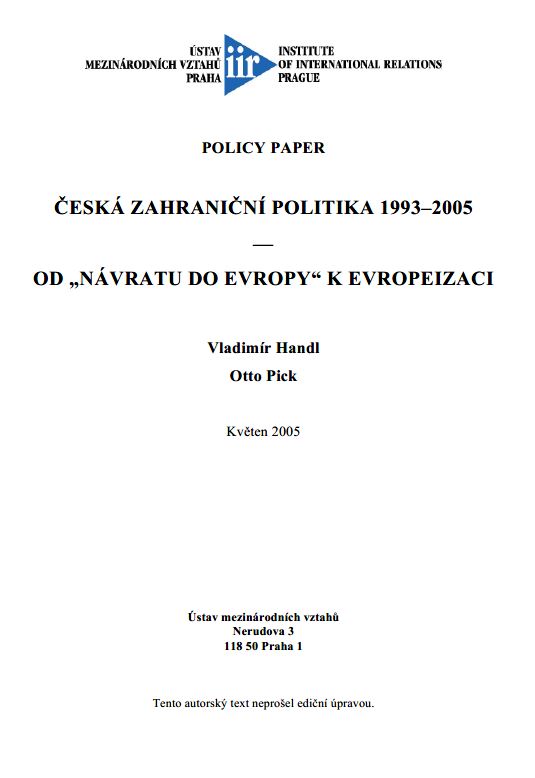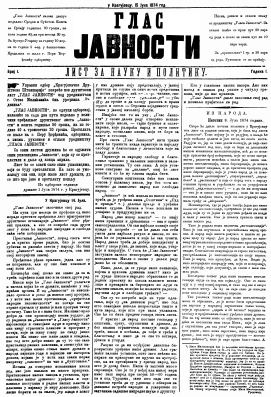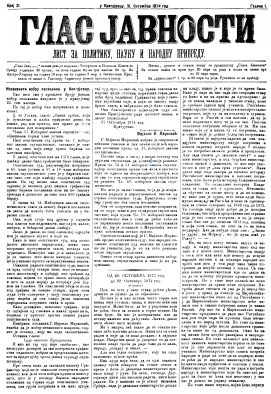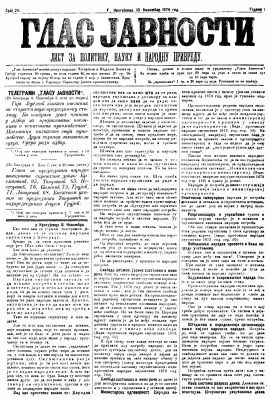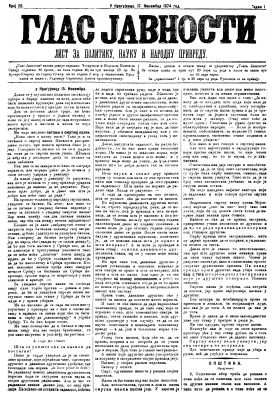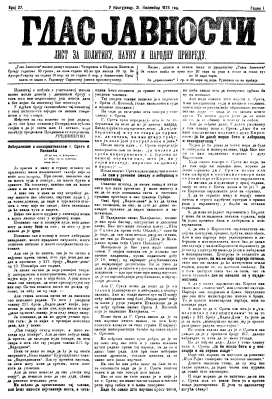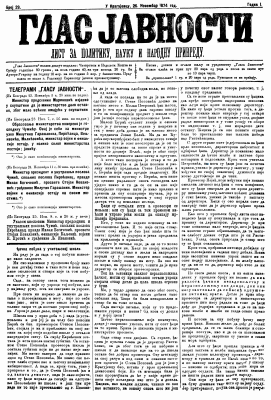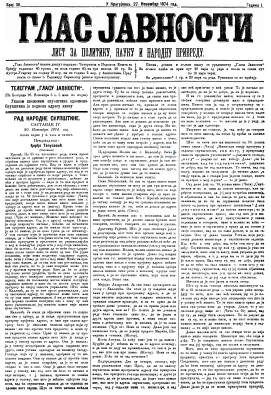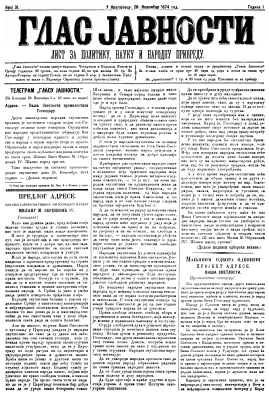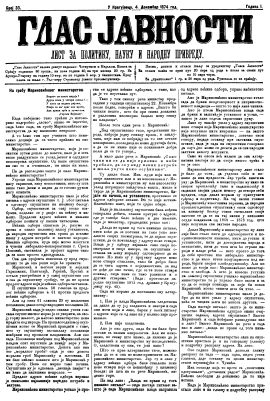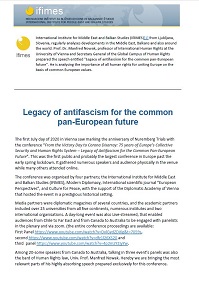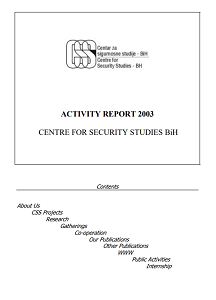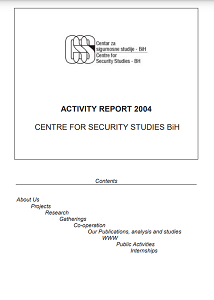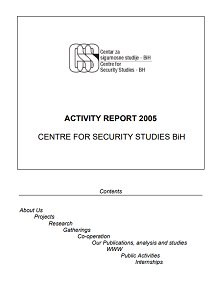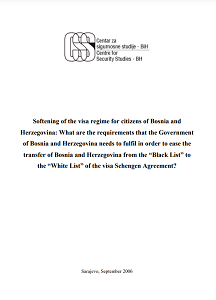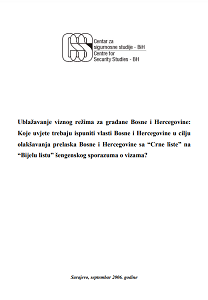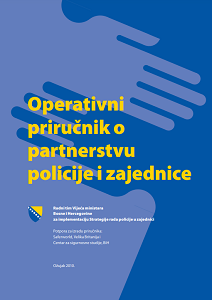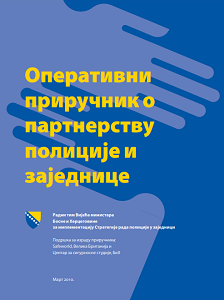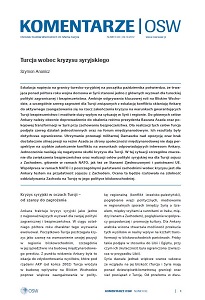Author(s): Author Not Specified / Language(s): Bosnian
Sa sadašanjim viznim sistemom, koji je uveden za Bosnu i Hercegovinu, nije moguće uspostaviti stabilno i otvoreno društvo bez slobodnog kretanja ljudi, protoka informacija i ideja. Zadatak vladinih struktura je da svojim građanima obezbijede mogućnost putovanja u inostranstvo bez ograničenja i omoguće uključivanje društva u političke, ekonomske i kulturne sfere evropskog života. Ovo istraživanje, kroz detaljnu analizu stanja u ovoj oblasti, ima za cilj da napravi prikaz objektivne situacije o mogućnostima ublažavanja viznog režima za građane Bosne i Hercegovine. Bosna i Hercegovina se do danas nalazi u tzv. Aneksu I, na nepopularnoj “Crnoj listi” šengenskog sporazuma kojim se propisuje posjedovanje vize za prelazak vanjskih granica Evropske unije. Imajući u vidu da je odluka o ukidanju viznog režima za određene države primarno političko pitanje, ipak postoje uvjeti koje svaka vlada treba ispuniti da bi ostvarila ublažavanje viznog režima za svoje građane (prelazak sa “Crne liste”na”Bijelu listu” ili iz Aneksa I u Aneks II sengenskog viznog sporazuma). Prema izjavi bivše zamjenice ministra vanjskih poslova Bosne i Hercegovine gđe. Lidije Topić, specijalnog predstavnika BiH pri Evropskoj komisiji u Briselu, ne postoji precizan popis uvjeta ili kriterija za liberalizaciju viznog režima čije ispunjenje zahtijevaju države članice EU. Stoga je ovo istraživanju prvo započelo sa proučavanjem acquis-a EU koji se primjenjuje u tim državama. Oblast slobode, pravde i sigurnosti u EU je veoma kompleksna i stalno se razvija u svim svojim komponentama. Slobodno kretanje lica je ključni element u “oblasti slobode, sigurnosti i pravde”. Uvažavajući ovaj princip, EU je Ugovorom iz Maastrichta uvrstila politiku azila, prelazak vanjskih granica Unije i imigracionu politiku u pitanja od zajedničkog interesa za države članice, da bi Ugovorom iz Amsterdama ove odredbe uključila i u Ugovor o Evropskoj Zajednici. Samim tim, u fokusu ovog istraživanja našla su se pitanja vezana za institucionalna i administrativna rješenja u oblasti granica, viza, azila i imigracione politike u Bosni i Hercegovini. Iz iskustva Rumunije sa njenog puta na prelasku iz Aneksa I u Aneks II, odnosno uvrštavanja na “Bijelu listu” šengenskog sporazuma u januaru 2002. godine, možemo izvući korisne lekcije o metodi kreiranja potrebne strategije za acquis koju trebaju primjeniti države aplikanti. Usklađenosti sa šengenskim acquis-em prethodilo je regulisanje propisa unutar široke oblasti azila i imigracione politike, kao i oblasti unutrašnjih poslova i pravosuđa. Uporedo sa provođenjem unutrašnjih reformi, Rumunija je bila veoma aktivna i u procesu međunarodne saradnje sa akcentom na odnose i potpisivanje sporazuma sa susjednim državama. Odluka država članica EU u vezi sa ukidanjem strogog viznog sistema za Rumuniju desila se u periodu kada ova država nije bila u mogućnosti ispuniti sve uvjete, ali je svoje politike u ovim oblastima uspjela postaviti na pravi kolosjek te izraziti spremnost za implementaciju i daljnji razvoj svojih institucionalnih i administrativnih kapaciteta. Proširenje EU sa deset novih zemalja dodatno je zakomplikovalo situaciju u ovoj oblasti, pa je bilo potrebno uložiti veliki napor da bi se omogućila integracija i proširenje vanjskih granica EU do kraja 2007. Događaji od 11. septembra drastično su promijenili sigurnosnu situaciju u svijetu i dodatni pritisak, uočljiv posebno sa strane SAD-a, zahtijeva povećan stepen sigurnosti putnih dokumenata (npr. biometrijski pasoši). U proteklih nekoliko godina, institucije Bosne i Hercegovine su postigle odgovarajući napredak kako bi dostigle potrebne predpristupne standarde EU. U oktobru 2005. godine Bosni i Hercegovini je odobren pregovor o Sporazumu o stabilizaciji i pridruživanju sa EU. Konstantan razvoj demokratskog društva i institucionalno jačanje su, zajedno sa poboljšanjem sigurnosne situacije u državi, važna pitanja za liberalizaciju viznog režima. Bosna i Hercegovina je uspjela uspostaviti i razviti održive državne strukture koje omogućavaju administrativni okvir za implementaciju politike u oblasti viza, azila, migracije i granica. Neke od konvencija EU koje se odnose na ljudska prava i osnovne slobode su već ugrađene u postojeći Ustav Bosne i Hercegovine ili su prenesene na osnovu sukcesije zajedno sa drugim državama bivše Jugoslavije. Istraživanje je pokazalo da je donošenje legislative i uspostava pravilne strukture tek početna tačka u željenom pravcu. Stvaranje pretpostavke za funkcionalan i efikasan sistem zahtijeva dodatni napor uključivanja svih struktura vlasti. Do sada, institucije nisu na zadovoljavajući način pratile provođenje usvojene legislative. Nedostatak adekvatnih finansijskih i ljudskih resursa stvorio je mnogo problema u vezi sa primjenom potrebnih zakona u sektoru azila i migracije. Uprkos napretku koji je Bosna i Hercegovina postigla ona se i dalje suočava sa problemima, od kojih su neki zajednički za region a neki jedinstveni za Bosnu i Hercegovinu. Usvajanje i provođenje legislative u sektoru pravosuđa i unutrašnjih poslova Bosne i Hercegovine mora biti jedan od prioriteta da bi država napredovala u procesu pridruživanja Evropskoj uniji i osigurala slobodu kretanja za svoje građane. Hipoteza ovog istrazivanja bila je definisana u sljedećem pitanju: "Da li postoji mogućnost ukidanja viznog režima za sve građane Bosne i Hercegovine u roku od naredne dvije godine?" Gosp. Renco Davidi, zamjenik šefa Delegacije Evropske komisije u Bosni i Hercegovini odgovorio je na ovo pitanje, što se također može zaključiti i nakon obavljenog istraživanja: “Još uvijek nema političke volje i spremnosti za takav korak u EU i to uglavnom zbog sporog provođenja procesa reformi i razvoja demokratskog društva u svim segmentima u Bosni i Hercegovini.”
More...
